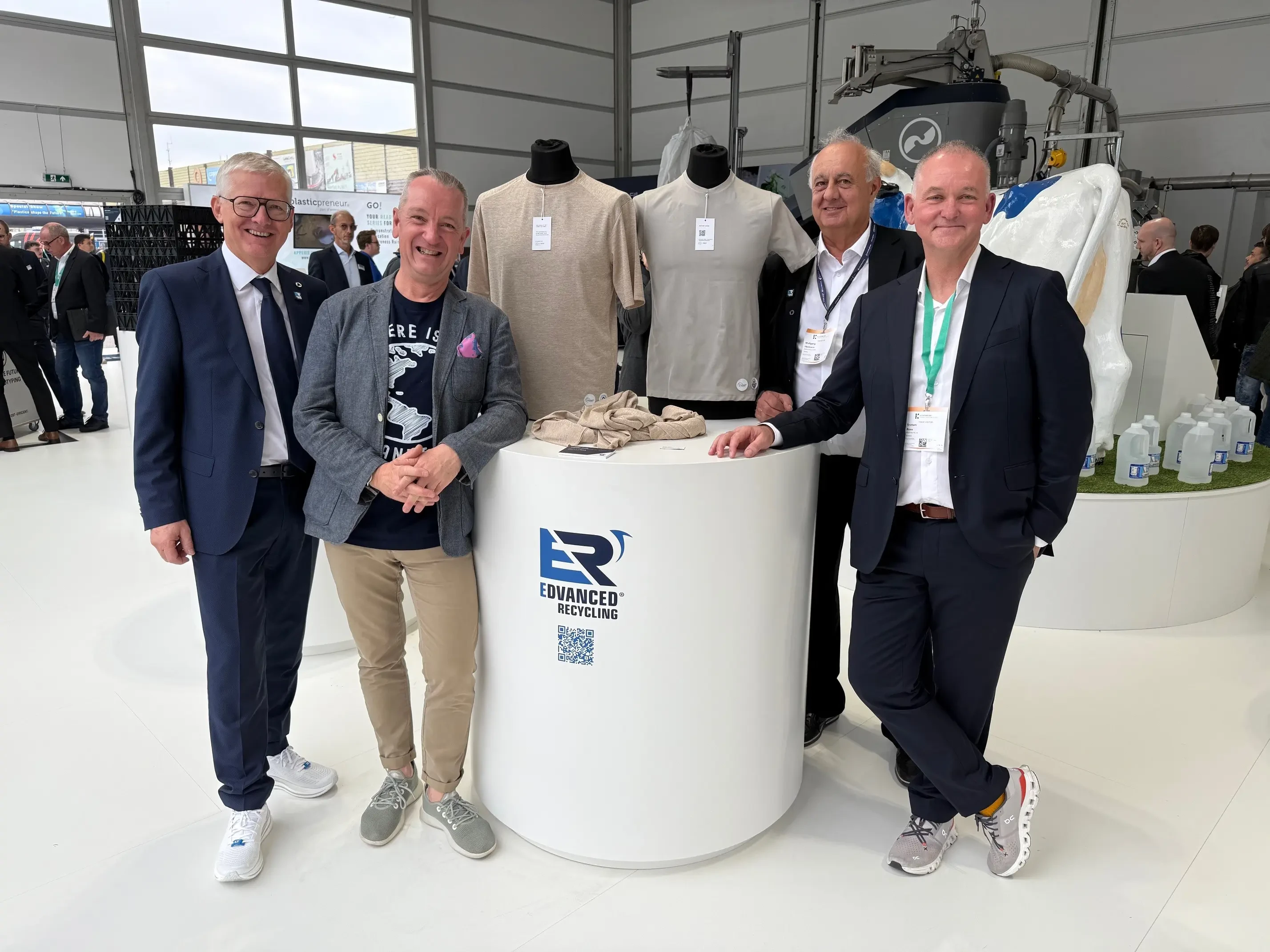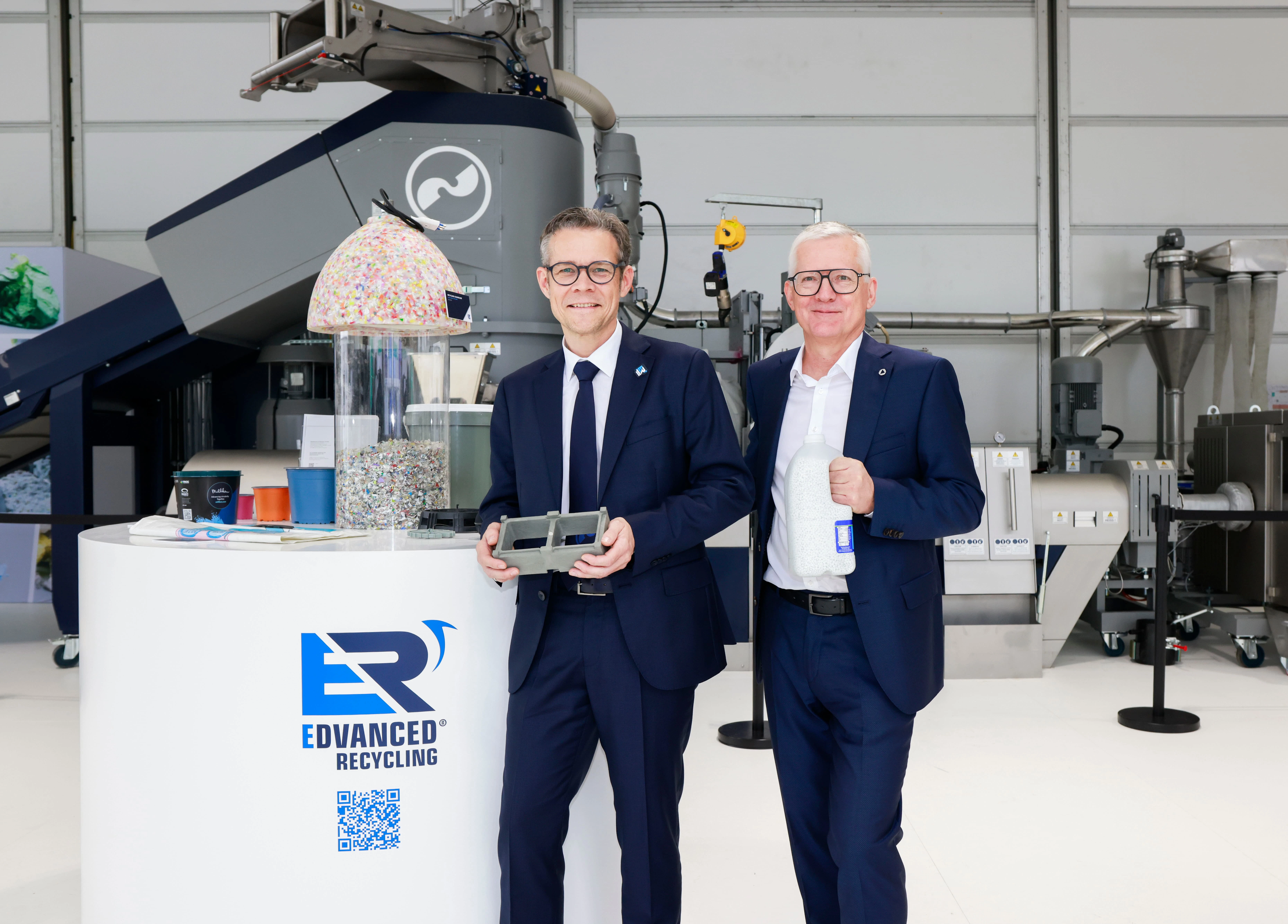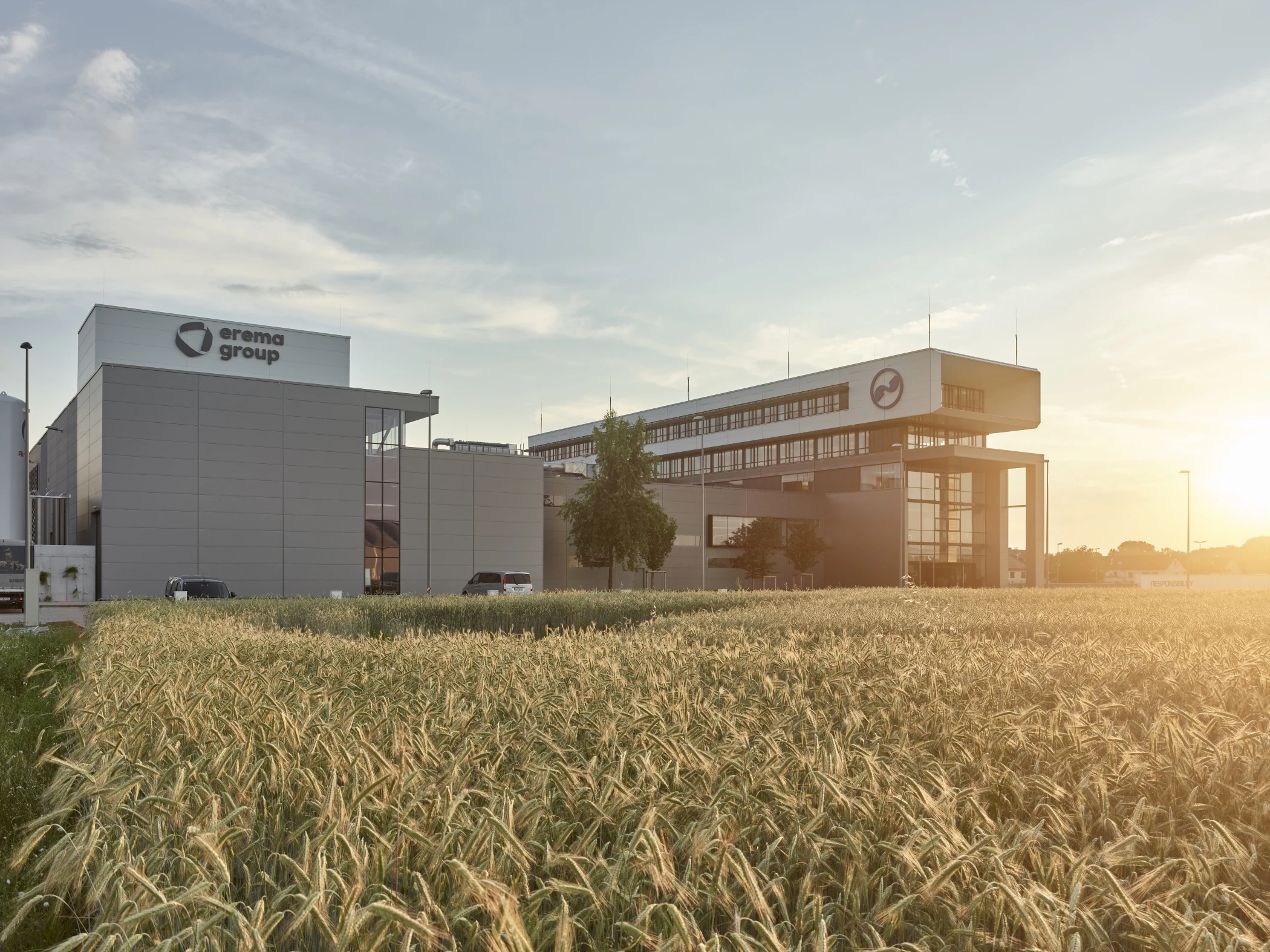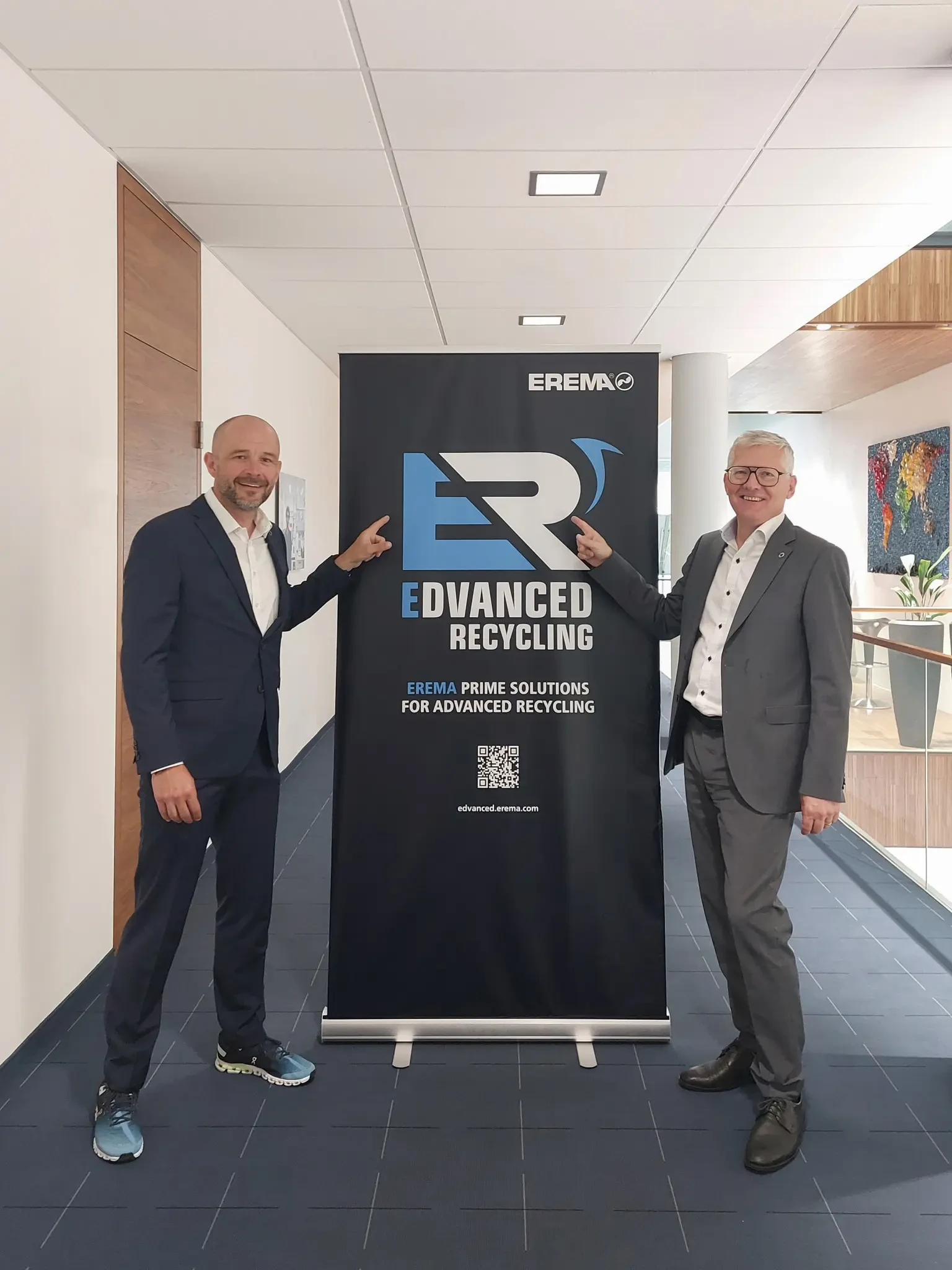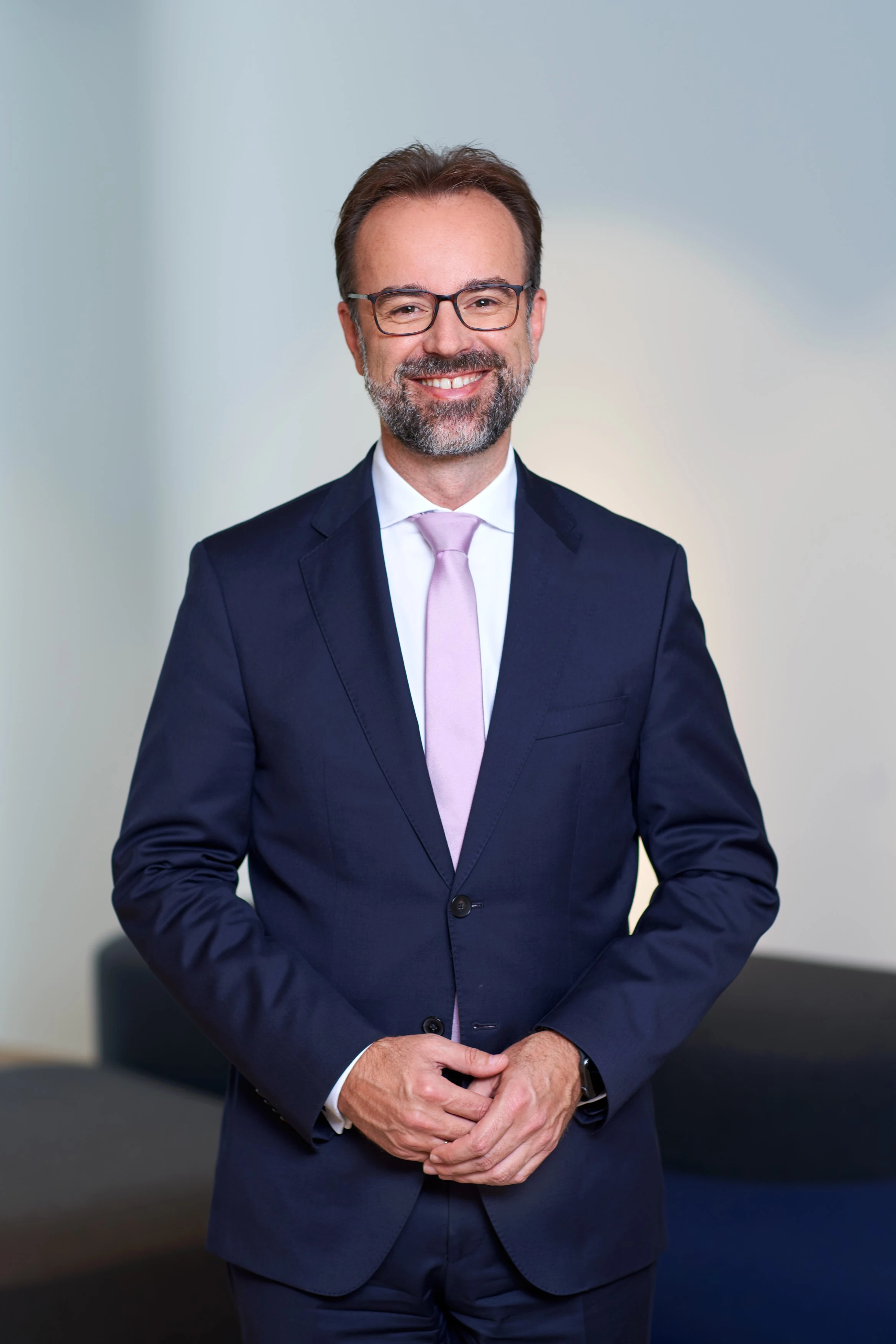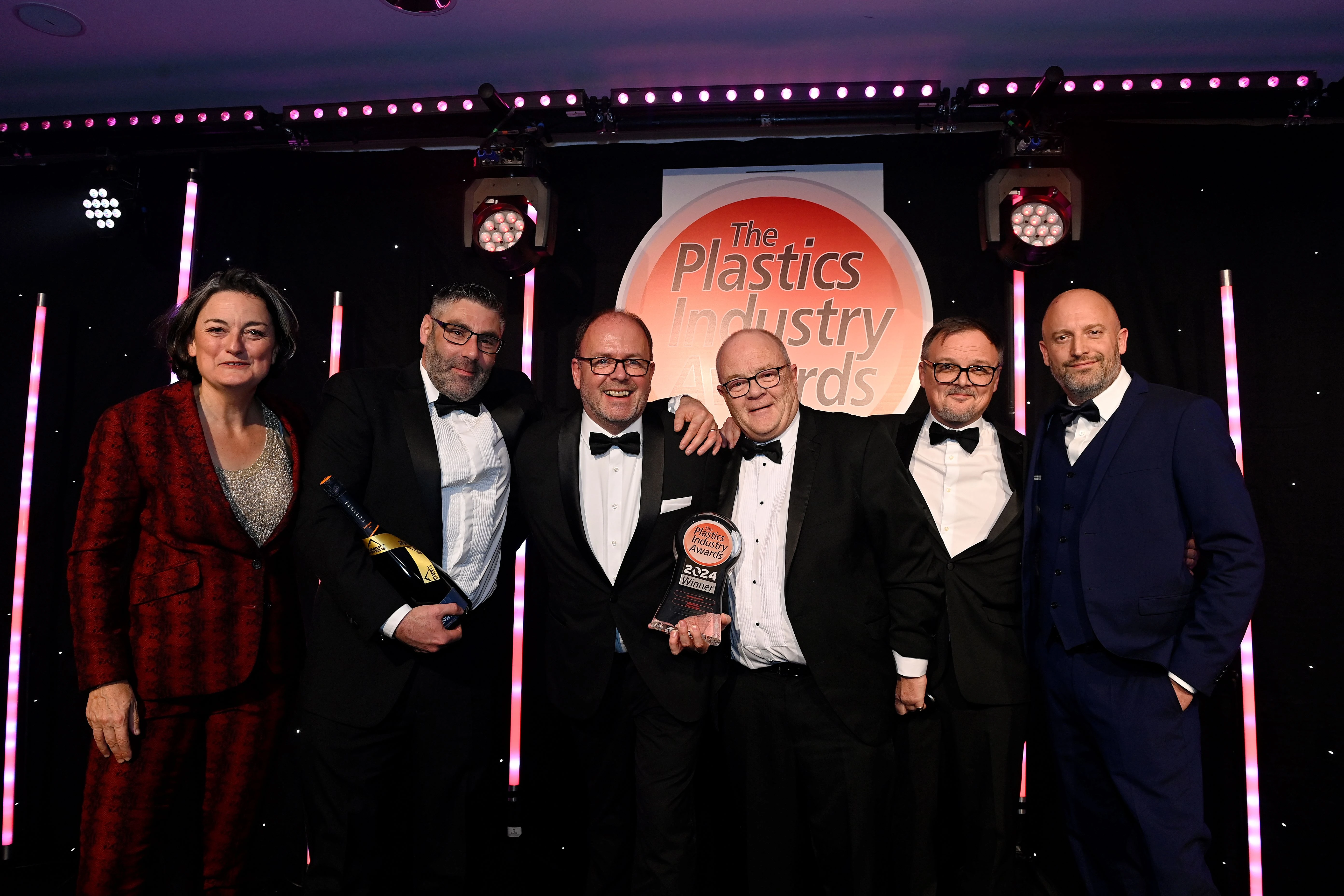Mr. Hackl, the circular economy was already the focus of K in 2019 and will be again in 2022. Has the industry got closer to its goal in recent years?
Meanwhile, it has certainly become clear to the plastics industry that it has to do something. A lot of things have already been started, ranging from design for recycling to collection and sorting. Much has also happened within recycling technology, including ours, as it has in the past. In other words: the train that started moving in 2019 is steadily picking up speed. However, it’s still a long way from being fast enough, and needs to go faster. But a great deal has already been done, and many links of the plastics value chain are already working together intensively.
Can you give us some examples?
Major corporations are currently investing large amounts of money to close the loop, for example in HDPE bottles. HDPE bottles are to be turned into HDPE bottles again. At EREMA, we have developed a technology to obtain odourless regranulate, which recently won us one of the Plastics Recycling Awards Europe in the category "Recycling Machinery of the Year". This odour neutrality makes it possible to turn used plastic products into equally high-quality new plastic products, not just inferior or equivalent ones. Or, in recycling design, people are moving away from multiple layers of film for an increasing number of products, such as plastic bags, towards just one layer. This monolayer packaging is much easier to recycle. You can see from these examples that a lot has changed.
What are the possible hurdles in all this?
The amount of time it takes. The plastics industry has relied on linearity for decades. The transition to a circular economy will therefore not work overnight. It will certainly take years before all cycles are closed. To do this, newer and better technologies have to be developed. We at EREMA are doing that, too. But even when the cycles are closed, it will still take a long time for the public image of plastics to improve.
It will certainly take years before all cycles are closed. To do this, newer and better technologies have to be developed.
Is the circular economy primarily a German, Austrian or Swiss issue?
No, it has now reached all of Europe, and a lot is being invested in this field in the US as well. The drivers are, of course, major brand manufacturers, many of whom are based in the US. They are now focusing strongly on Design for Recycling and are imposing strict requirements on the use of regranulate in their product packaging, for example. A lot is also happening in Asia. In China, the circular economy is making particularly rapid progress. But there are also regions that cannot keep up with the current pace.
Plastic waste is still being exported. But we desperately need plastic waste here, don't we?
Yes, of course. Politicians could react much more quickly and ban the export of secondary raw materials. Europe doesn't have many raw materials, but we do have this secondary raw material. So, it's best to leave it in Europe, as it will give us more independence. But the ban will certainly come.
Does digitalisation support the circular economy?
We need digitalisation to guarantee procedural stability, procedural reliability and quality assurance within production, as that is what processors require. They need to be one hundred percent sure of the properties of the recycled material, something they are used to from virgin material. At EREMA, we have therefore massively pushed forward digitalisation in recent years by way of the BluPort customer platform. In addition, we can carry out online quality measurements with the help of our QualityOn package, which means that the regranulate has a consistently uniform quality. This helps to provide processors with the necessary confidence in these regranulates. Digitalisation also plays a major role in the traceability of plastic packaging. The enterprise-wide initiative R-Cycle has applied itself to this topic. Companies from the entire plastics value chain are working together on traceability standards to collect all recycling-relevant information in the form of a digital product passport.
We need digitalisation to guarantee procedural stability, procedural reliability and quality assurance within production, as that is what processors require.
What effect would a fully functioning circular economy have on climate protection?
It would have a huge effect. If we can achieve what we have already achieved with PET bottles, on other words a fully functioning loop for products, then plastic as a whole can establish itself as a recyclable material and fully display its advantages over other recyclable materials such as glass or paper. Then we could use plastic in an even more targeted way to advance climate protection. Whether in wind turbines, house insulation, food packaging or cars - due to its many areas of application and its better CO2 balance over its entire life cycle, plastic that is recycled makes a significant contribution to climate protection. The reduction of CO2 emissions would be accelerated by the increased use of recycled materials. For this to happen, the circular economy must be more or less assimilated into society; considered to be so standard and established that no one gives it a second thought.
Fotocredit: EREMA/Wakolbinger

